Best Ways to Manage Stress During Busy Periods

Prioritizing Self-Care: Understanding the Importance
Self-care isn't about indulgence; it's about recognizing your fundamental needs and actively working to meet them. It's the bedrock of well-being, influencing everything from physical vitality to mental sharpness and emotional steadiness. When you make self-care a priority, you're building resilience to handle life's curveballs while staying focused on what matters most.
Self-care isn't one-size-fits-all. It ranges from quick moments of relaxation to intentional practices that recharge your batteries. The key is finding what works for you and making it part of your routine.
Physical Well-being: Nourishing Your Body
Your body thrives on quality fuel, restorative sleep, and regular movement. These fundamentals directly affect how you feel and function every day. Movement - whether it's a lunchtime stroll or an intense gym session - triggers natural mood enhancers that help you tackle challenges with more energy.
Choosing colorful, whole foods gives your body the tools it needs to perform at its best. And don't forget about water - staying hydrated keeps your systems running smoothly and your mind clear.
Mental Wellness: Cultivating Inner Peace
A calm mind starts with simple practices. Mindfulness, quiet reflection, or writing down your thoughts can create space between you and daily stressors. Regular check-ins with yourself help spot brewing concerns before they become overwhelming, giving you more control over your mental landscape.
Make time for activities that light you up - whether that's getting lost in a novel, discovering new music, or breathing in fresh air outdoors. These moments of joy act like mini-resets throughout your day.
Emotional Regulation: Understanding and Managing Emotions
Handling emotions well means noticing what sets them off and how you typically respond. When you understand your emotional patterns, you can choose how to react instead of being at the mercy of automatic responses. This awareness builds emotional strength over time.
Social Connection: Nurturing Relationships
People need people. Strong bonds with friends and family create a safety net when life gets tough. Quality relationships provide perspective, laughter, and reassurance - all antidotes to stress.
Protect time for face-to-face connections, even when schedules get packed. Shared experiences and heartfelt conversations feed the soul in ways scrolling never can.
Time Management and Boundaries: Setting Priorities
Guarding your time is self-care in action. Saying no to non-essentials creates space for what truly matters. Clear boundaries at work and home prevent energy leaks, letting you focus on priorities without burning out.
Design your schedule with breathing room built in. Block time for recharging activities just like important meetings - because they're equally vital for sustained performance.
Time Management Techniques for Optimized Productivity
Prioritizing Tasks for Enhanced Focus
Smart time management starts with sorting tasks by impact. Tools like the Eisenhower Matrix help separate must-dos from nice-to-dos, keeping your focus where it counts. This approach prevents last-minute scrambles and keeps stress levels manageable.
Tackle big projects bite by bite. Completing small steps builds momentum and makes daunting work feel achievable. Celebrate these mini-wins - they add up to major progress.
Utilizing Time-Blocking for Enhanced Structure
Time-blocking turns your calendar into a productivity blueprint. Assigning specific slots to tasks creates natural guardrails against procrastination and overcommitment. This method brings clarity to chaotic days.
Sticking to time blocks trains your brain for deep work. Knowing there's a designated time for each task reduces anxiety about forgetting important items or running out of time.
Employing the Pomodoro Technique for Focused Work Sessions
The Pomodoro Technique alternates intense focus with brief recovery breaks. These work sprints maintain concentration while preventing mental fatigue. The regular pauses keep energy levels steady throughout the day.
This rhythm works especially well for detail-oriented tasks. The promise of an upcoming break makes it easier to power through challenging work without burning out.
Delegating Tasks and Seeking Support for Reduced Load
Letting go of tasks others can handle frees you for high-impact work. Delegation isn't weakness - it's working smarter. Sharing the load prevents overwhelm and preserves energy for priorities.
Don't hesitate to ask for help when needed. Collaboration spreads responsibility and brings fresh perspectives to challenges. A problem shared often becomes lighter to carry.
Harnessing the Power of Mindfulness and Relaxation
Understanding the Benefits of Mindfulness
Mindfulness means anchoring yourself in the current moment without criticism. This practice creates space between you and stressful thoughts, allowing clearer responses to challenges. Regular mindfulness can literally change how your body handles stress.
Studies show mindfulness practitioners develop greater emotional balance over time. Observing thoughts without getting swept away builds resilience against daily pressures.
Techniques for Cultivating Relaxation
Simple relaxation tools can short-circuit stress. Deep breathing acts like a brake for your nervous system. Progressive muscle relaxation melts away physical tension. Visualization transports your mind to calmer mental spaces.
Mindfulness Meditation: A Practical Approach
Mindfulness meditation begins with noticing your breath. Thoughts will come and go - the practice is in gently returning focus without judgment. Even five minutes daily can sharpen focus and dial down stress responses.
The Role of Physical Activity in Stress Reduction
Movement is nature's stress reliever. Exercise releases feel-good chemicals that counteract tension. The key is finding activities you enjoy enough to do regularly - consistency matters more than intensity.
Nutrition and Stress Management
Food choices directly affect stress resilience. Whole, nutrient-dense foods provide steady energy, while processed options can amplify anxiety. Think of meals as fuel for handling whatever the day brings.
Creating a Supportive Environment for Relaxation
Design spaces that invite calm. Keep relaxation tools handy - maybe a comfortable chair for reading or calming music playlists. Surround yourself with people who recharge rather than drain you. Protect sleep like the non-negotiable health essential it is.
Read more about Best Ways to Manage Stress During Busy Periods
Hot Recommendations
-
*Guide to Managing Gout Through Diet
-
*Best Habits for Financial Well being
-
*How to Build a Routine for Better Mental Health
-
*How to Eat Healthy on a Budget [Tips & Meal Ideas]
-
*Guide to Practicing Self Acceptance
-
*How to Incorporate More Movement Into Your Day
-
*Guide to Managing Chronic Pain Naturally
-
*Guide to Building a Reading Habit for Well being
-
*Top 5 Weight Loss Supplements That Actually Work
-
*Best Exercises for Postpartum Recovery [Beyond Abdominal Work]
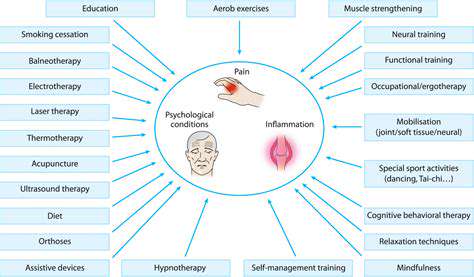
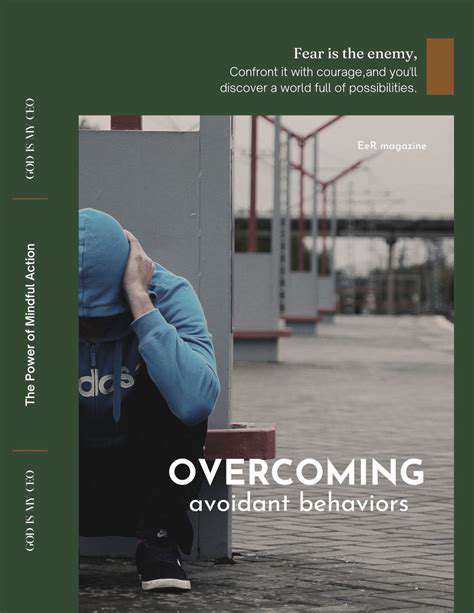


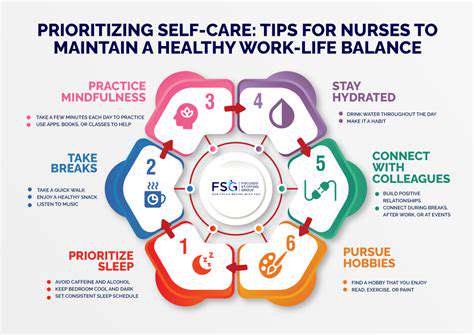
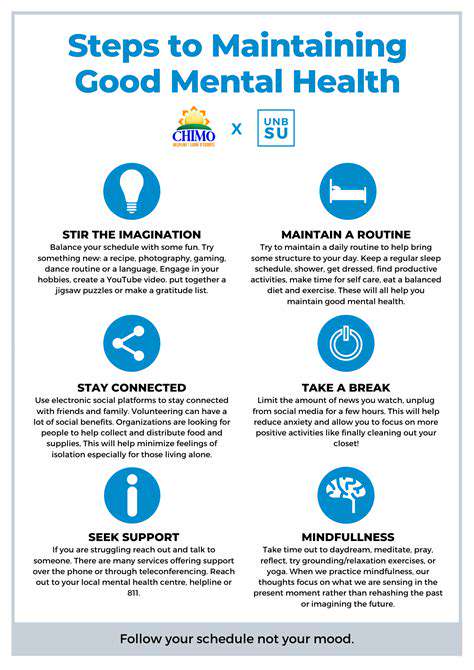
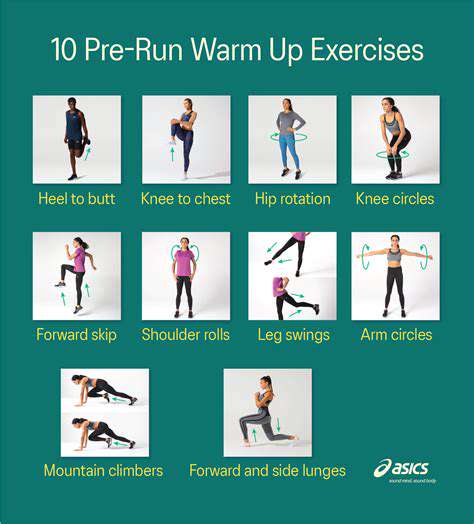
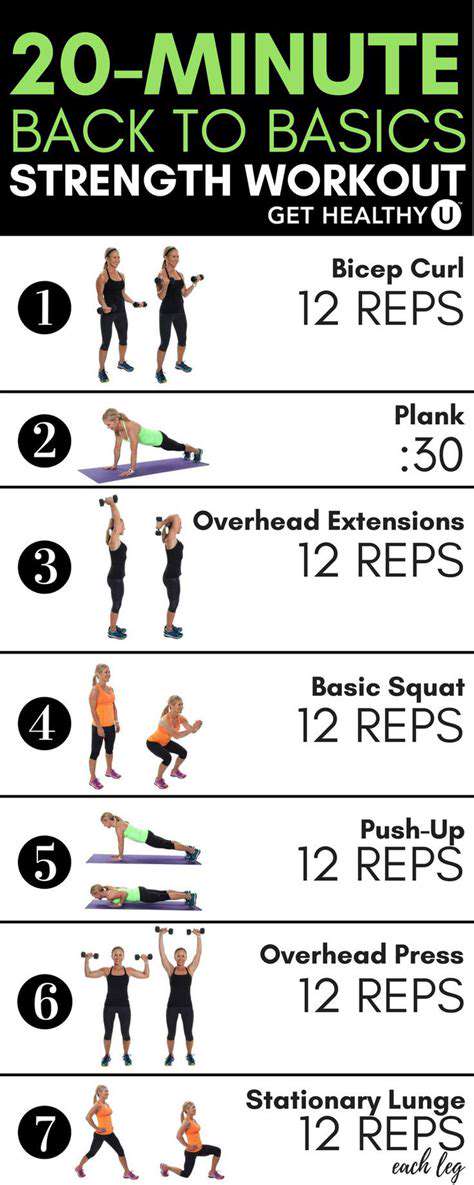
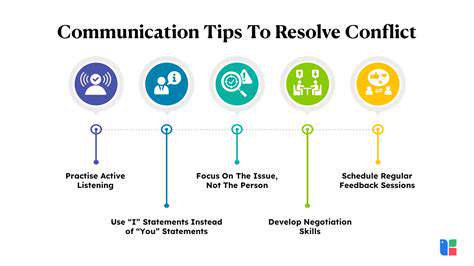

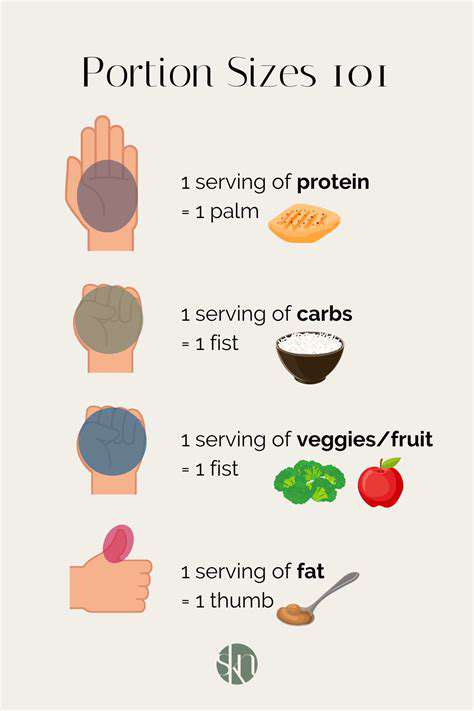
![How to Start Lifting Weights at the Gym [Beginner Guide]](/static/images/26/2025-05/SettingRealisticGoalsandExpectations.jpg)